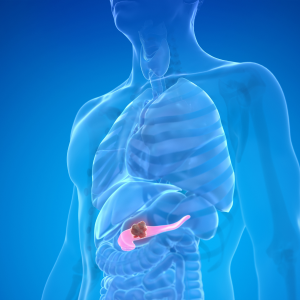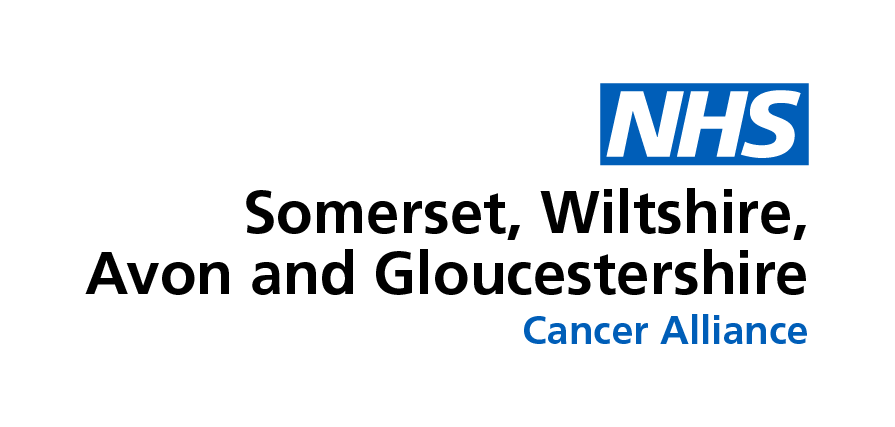New funding to boost early diagnosis of pancreatic cancer

Somerset, Wiltshire, Avon, and Gloucestershire (SWAG) Cancer Alliance have launched a pilot with local GPs to help detect pancreatic cancer earlier, when treatment is likely to be more effective.
The initiative will run across two years as a pilot trial and will span 28 GP practices covering a patient population of over 260,000 people within SWAG’s footprint.
The project could refer 90 additional patients for CT scans, potentially enabling 30 earlier-stage diagnoses of pancreatic cancer.
Pancreatic cancer ranks as the fifth leading cause of cancer-related deaths and remains one of the least survivable cancers. This is largely because most patients receive a diagnosis at a late stage. Early symptoms are often vague and non-specific, which leads to 75% of cases being identified at stage 3 or 4. As a result, only 7% of patients survive more than five years after diagnosis.
Data shows that only 19% of pancreatic cancers are currently diagnosed by primary care. This pilot will see SWAG working through GP practices across its network to take a more proactive approach to identifying patients at risk of pancreatic cancer, thanks to new funding delivered by NHS England.
One early indicator of pancreatic cancer is signs of new on-set diabetes and unexplained weight loss. Any patients over 60 years of age who are flagged with these two indicators will now be referred for an urgent CT scan to check for any signs of the disease.
 Dr Amelia Randle, Clinical Director of SWAG Cancer Alliance, said:
Dr Amelia Randle, Clinical Director of SWAG Cancer Alliance, said:
“This initiative is a significant advancement in the early detection of pancreatic cancer, which is typically known for its late diagnosis and poor prognosis.
Designed to strengthen collaboration between primary care networks and cancer alliances, we aim to foster a more integrated and sustainable approach to patient care.
By building these strong partnerships, we can implement evidence-based protocols that support earlier diagnosis and timely intervention. Ultimately, we hope this will improve both patient outcomes and their overall experience.”
If diagnosed at stage 1 or 2, survival rates for one year or more of pancreatic cancer patients dramatically increase. This work is all part of SWAG’s dedication to building better pathways for early diagnosis and, ultimately, improving outcomes for people with cancer.
Read more on the NHS England initiative and funding here: NHS England » NHS launches drive to catch one of the most lethal cancers
To find out more on SWAG’s other work involving pancreatic cancer and hereditary risks, visit: Pancreatic Cancer – SWAG Cancer Alliance

